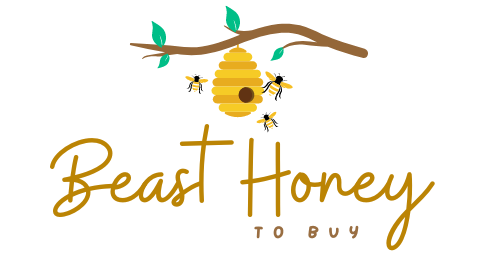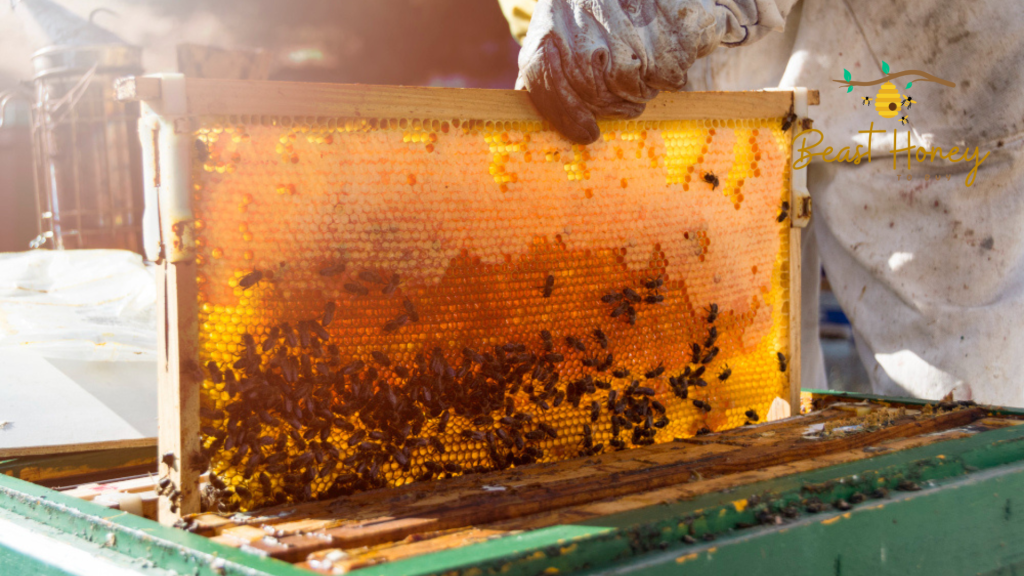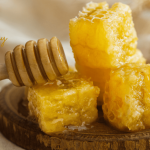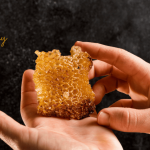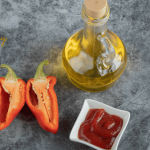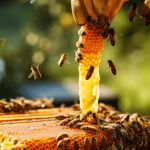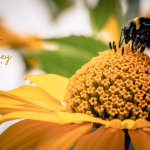Honey is nature’s sweetest gift. It’s perfect for cooking, health remedies, or just a spoonful in tea. Buying honey in bulk can save you a lot of money.
Beekeepers often sell bulk honey cheaper than stores. But why is it so affordable? And how do you know you can trust them? This guide explains why beekeepers offer great deals and shares simple tips to find trustworthy ones. Let’s buzz into it!

Why Beekeepers Sell Bulk Honey Cheaper
Beekeepers have unique advantages. They produce honey themselves, which cuts costs. Selling in bulk also makes their work easier. Here’s why their prices are often lower than retail.
Direct From the Source
Beekeepers don’t rely on middlemen. Stores add markups for packaging, shipping, and profit. When you buy from a beekeeper, you skip those extra costs. They harvest honey straight from the hive and sell it to you. This direct approach keeps prices low.
Less Packaging
Retail honey comes in fancy jars or squeeze bottles. Those containers cost money to make and fill. Beekeepers sell bulk honey in simple pails or jugs. These are cheaper to produce and hold more honey. Less packaging means lower prices for you.
Economies of Scale
Beekeepers produce a lot of honey at once. Selling in bulk lets them move large quantities quickly. It’s easier to sell a 40-pound pail than hundreds of small jars. This saves them time and labor. They pass those savings on to buyers.
Seasonal Harvests
Honey is harvested in spring or summer. Beekeepers often have extra honey during these seasons. To clear inventory, they offer bulk deals. Buying during harvest time can score you even bigger savings.
Local Advantage
Local beekeepers don’t ship honey across the country. This cuts transportation costs. If you buy from someone nearby, you avoid high shipping fees. Local honey is often fresher and cheaper.
Benefits of Buying Bulk Honey from Beekeepers
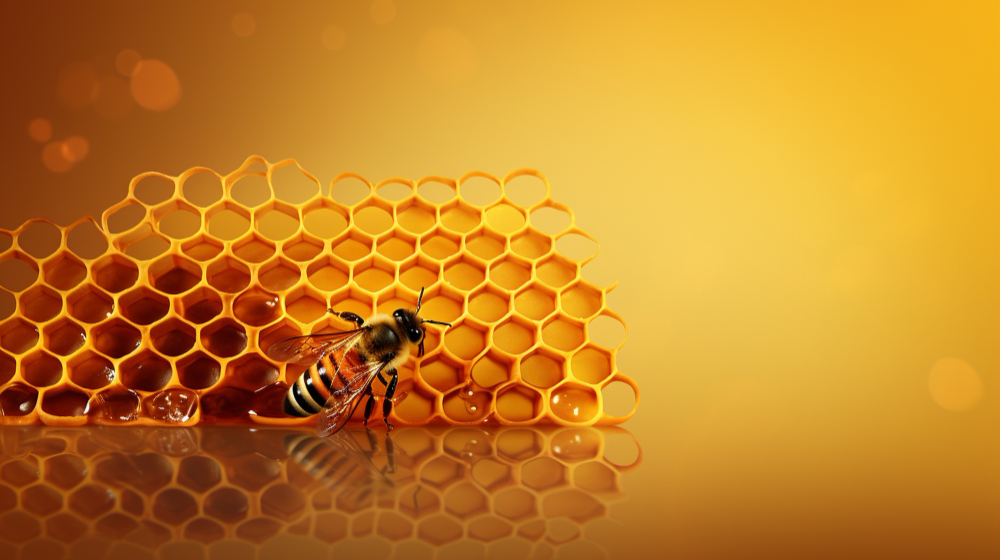
Buying bulk honey from beekeepers isn’t just about saving money. Here are other perks
- High Quality: Beekeepers often sell raw, unfiltered honey full of nutrients.
- Support Small Businesses: Your purchase helps local farmers and beekeepers.
- Eco-Friendly: Bulk buying reduces packaging waste.
- Custom Options: Some beekeepers offer varietal honeys like clover or wildflower.
These benefits make beekeeper honey a smart choice.
Risks of Buying Bulk Honey
Cheap prices are tempting, but there are risks. Some sellers might cut corners. Fake or diluted honey is a problem in the market. Adulterated honey can contain sugar syrup or chemicals. It’s not just about losing money—it can affect your health or recipes. Knowing how to trust beekeepers is key.
How to Find Trustworthy Beekeepers
Not all beekeepers are created equal. Most are honest, but a few might mislead you. Here’s how to find ones you can trust.
Check Their Reputation
A good beekeeper has a solid reputation. Look for these signs
- Customer Reviews: Check online reviews on Google, Yelp, or their website. Happy customers are a great indicator.
- Local Buzz: Ask friends, farmers’ markets, or local shops about trusted beekeepers.
- Years in Business: Longtime beekeepers are more likely to be reliable.
Ask About Their Process
Honest beekeepers are open about their work. Ask these questions
- How do you harvest your honey?
- Is it raw and unfiltered?
- Do you test for purity?
- Where are your hives located?
If they answer clearly and with pride, that’s a good sign. Vague or defensive answers? Move on.
Look for Certifications
Certifications add trust. Check for these on labels or their website
- USDA Organic: Ensures no pesticides or chemicals were used.
- True Source Certified: Tracks honey from hive to buyer, reducing fraud.
- Non-GMO: Confirms no genetically modified crops were involved.
Not all small beekeepers have certifications. That’s okay if they’re transparent about their methods.
Visit Their Apiary (If Possible)
Seeing is believing. If the beekeeper is local, ask to visit their apiary. A well-kept apiary with healthy bees shows they care. It’s also a fun way to learn about honey production. Can’t visit? Ask for photos or videos of their hives.
Request Lab Tests
Trustworthy beekeepers test their honey for purity. Ask if they have lab results. These show the honey is free of syrups or additives. Some beekeepers share results openly. Others might charge a small fee for testing. It’s worth it for peace of mind.
Start with a Small Order
New to a beekeeper? Test the waters. Buy a small amount, like a 1-pound jar, before committing to a 40-pound pail. Check the honey’s taste, texture, and quality. Real raw honey is cloudy, floral, and slightly thick. If it’s too clear or sugary, it might be fake.
Red Flags to Watch For
Some signs scream “scam.” Avoid beekeepers with these issues
- Prices Too Low: Real honey takes effort. Dirt-cheap deals often mean diluted honey.
- No Sourcing Info: If they won’t say where the honey comes from, walk away.
- Poor Communication: Dodgy answers or pushy sales tactics are bad signs.
- No Reviews: A lack of customer feedback online is risky.
Trust your gut. If something feels off, find another beekeeper.
Where to Find Beekeepers Selling Bulk Honey
Ready to buy? Here are the best places to look
- Farmers’ Markets: Local beekeepers sell bulk honey at stalls. You can meet them and ask questions.
- Online Directories: Sites like LocalHoneyFinder.org list beekeepers by area.
- Beekeeping Associations: Check state or national groups for member lists.
- Social Media: Many beekeepers advertise on Facebook or Instagram. Look for local groups.
- Wholesale Platforms: Some beekeepers sell on WebstaurantStore or Honey.com.
Start local for the best deals and freshest honey.
How to Store Bulk Honey
Once you buy bulk honey, store it right. This prevents waste and keeps it fresh. Follow these tips
- Use Food-Grade Containers: Glass jars or BPA-free plastic buckets work best.
- Keep It Airtight: Seal containers to avoid moisture or air exposure.
- Store at 70–80°F: Avoid cold (causes crystallization) or heat (hurts flavor).
- Keep It Dark: Store in a pantry to protect from light.
Proper storage makes your bulk honey last years. Yes, honey never spoils!
Real-Life Example: My Beekeeper Find
Last summer, I wanted bulk honey for my baking hobby. I found a local beekeeper at a farmers’ market. His 5-pound jug was $30—way cheaper than the $8 retail jars I’d been buying. I asked about his process. He proudly explained his organic methods and showed hive photos. I tested a small jar first. The honey was rich, cloudy, and perfect. Now I buy 20-pound pails from him. It saves me $50 a year, and I trust his quality. Finding a good beekeeper was a game-changer!
FAQs About Buying from Beekeepers
Here are quick answers to common questions
- Is beekeeper honey always raw? Not always. Ask if it’s raw and unfiltered.
- Can I negotiate prices? Yes, especially for large orders. Be polite!
- Is local honey better? It’s often fresher and supports your community.
- What if I get fake honey? Contact the beekeeper for a refund. Leave a review to warn others.
These clear up doubts and keep you confident.
Final Tips for Buying Bulk Honey from Beekeepers
Let’s wrap up with key takeaways
- Beekeepers sell cheaper because they skip middlemen and use simple packaging.
- Buy during harvest season for the best deals.
- Check reviews, ask questions, and look for certifications to trust beekeepers.
- Start small to test quality before buying big.
- Store honey properly to protect your investment.
Buying bulk honey from beekeepers is a smart way to save.
You get high-quality, raw honey at a fraction of store prices. With these tips, you’ll find trustworthy beekeepers and enjoy sweet savings.
Happy honey hunting!
For more information, visit , https://besthoneytobuy.com/
